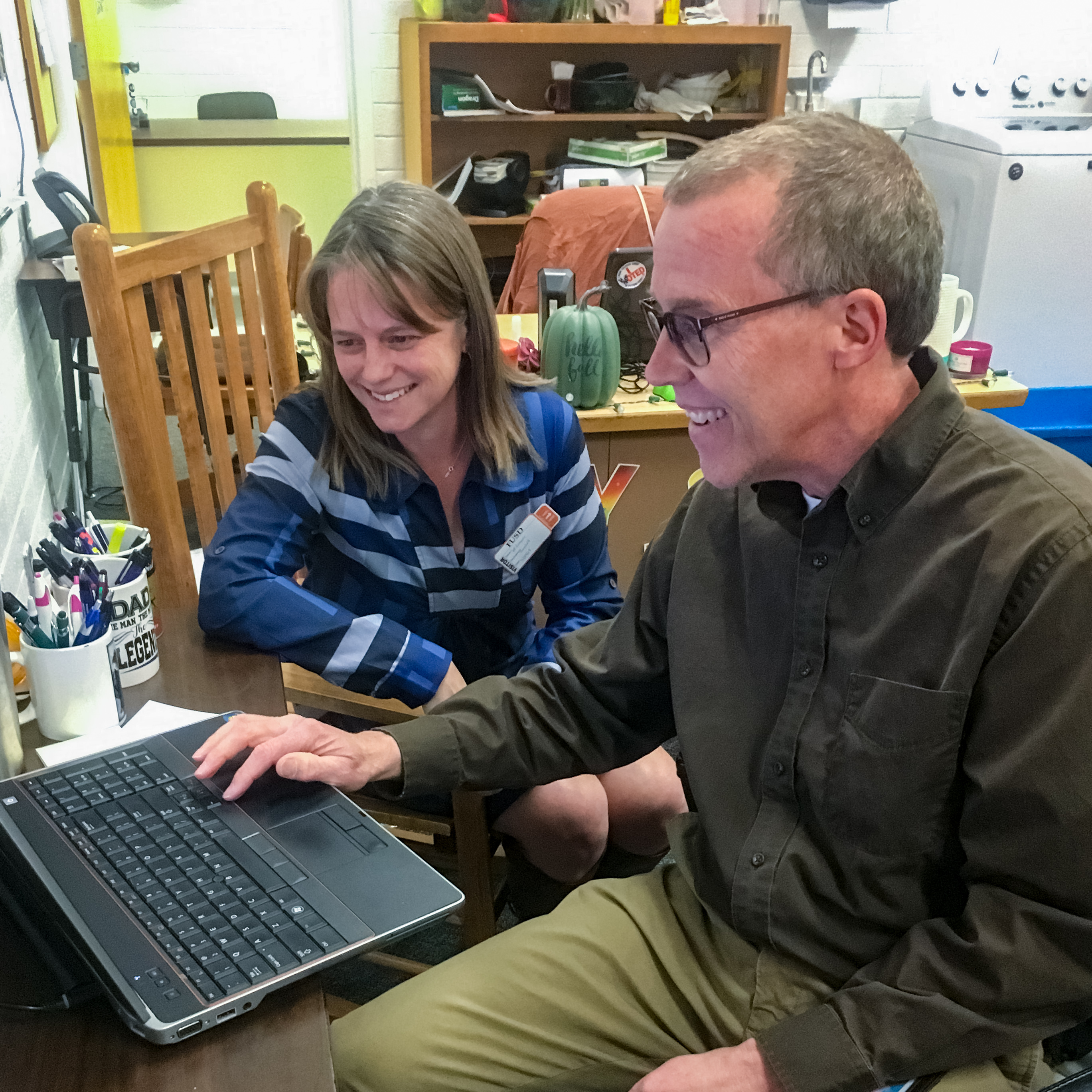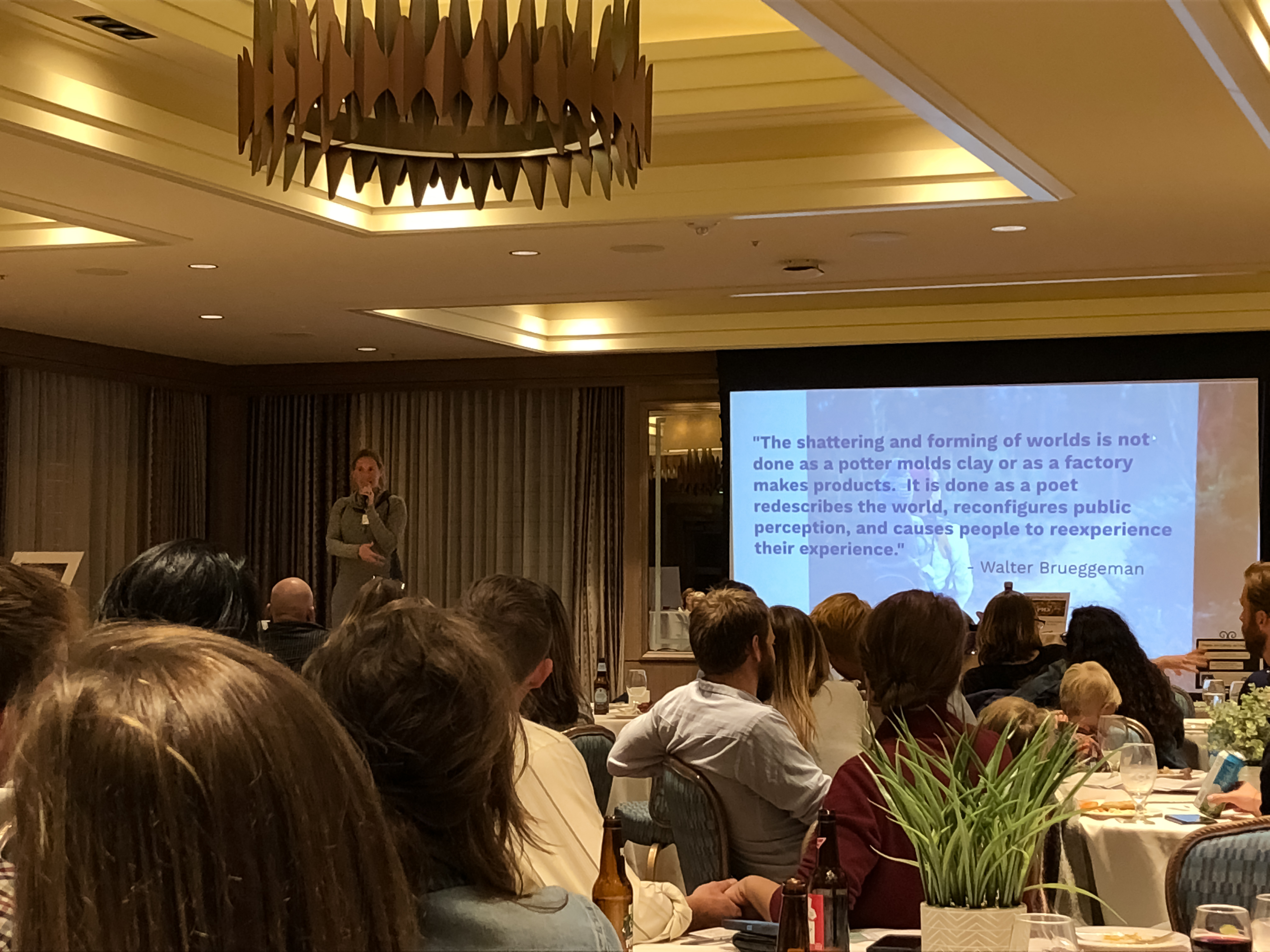Author:
Carmenlita Chief
Program Coordinator, Senior
Community Engagement Core
Southwest Health Equity Research Collaborative
Community-Campus Partnership Support Spotlight: Round 1 Awardees
Highlighting two Community-Campus Partnership Support awardees for 2018
Earlier this year, the SHERC Community Engagement Core (CEC) established a funding mechanism called “Community-Campus Partnership Support,” or CCPS, which provides potential community and academic partners up to $5,000 per year to develop a partnership without the pressure of project outcomes or grant application deadlines. CCPS funds allow partners to meet face-to face at NAU and in the community or travel together to a conference as a means to identify common interests, explore collaborative ideas, and inspire potential projects. Visit the CCPS website for more info.
For this segment, we are spotlighting two partnerships that were awarded CCPS in Spring 2018 (Round 1). Read on!
PARTNERSHIP AWARDEE #1
“Service-Learning to Promote Community Inclusion, Personal Development, and Health Equity among Youth with Intellectual and Developmental Disabilities”
Partners: Heather Williamson, DrPH, MBA, OTR/L, CPH; Assistant Professor, NAU Department of Occupational Therapy and Russ Randall, M.Ed; Founding Member and Leader, Northern Arizona Community of Practice Transition Team

PARTNERSHIP AWARDEE #2
“Partnership for Maternal and Infant Health Equity in Substance Abuse Recovery Treatment”
Partners: Emery Eaves, PhD; Assistant Professor, Anthropology Department, Rita Wright, MSW, LMSW; Assistant Clinical Professor, Social Work Department, and Marca McCallie, LPC, NCC, MA; Founder and Therapist, Sage Home (non-profit treatment facility in Flagstaff)
 Marca McCallie presenting at Sage Home’s annual fundraiser event.
Marca McCallie presenting at Sage Home’s annual fundraiser event.
 Emery Eaves
Emery Eaves

Rita Wright
Research reported in this publication was supported by the National Institute On Minority Health And Health Disparities of the National Institutes of Health under Award Number U54MD012388. The content is solely the responsibility of the authors and does not necessarily represent the official views of the National Institutes of Health.